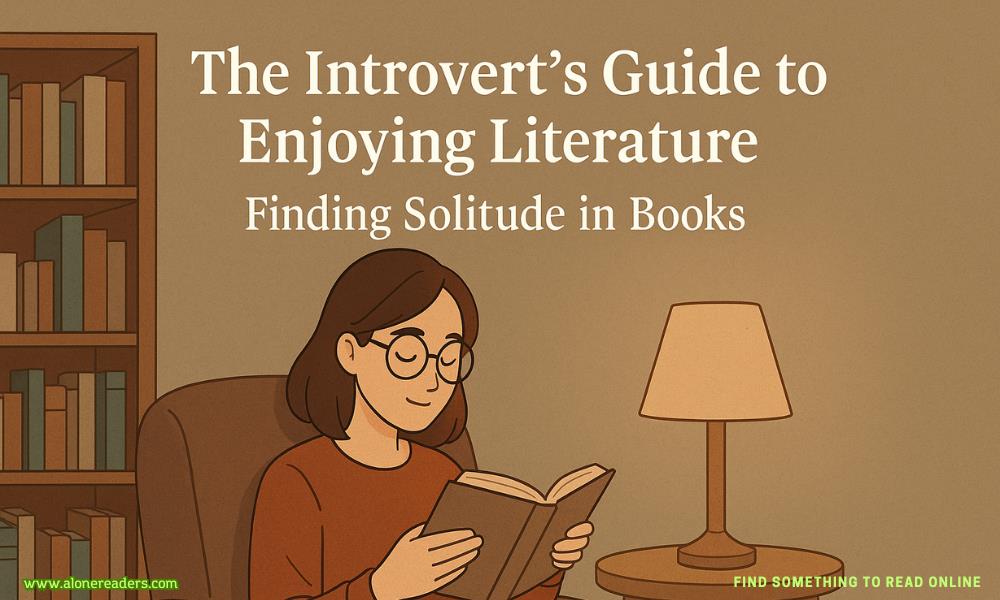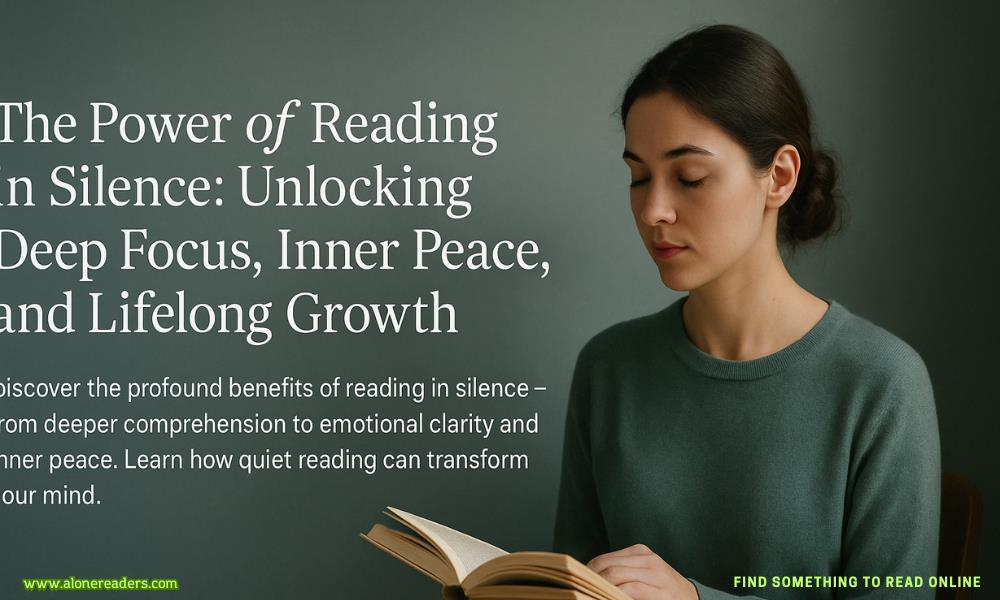Page 76 of Six Wild Crowns
Mark takes a swathe of embroidered cotton from Syndony and holds it up for Boleyn to examine.
“I know a seamstress who will make you adorable Perfugian smocks from this.”
“Very well,” Boleyn says. She’s playing with the poesy ring on her wedding finger, as though thinking of a wish to make; one that will bind to the fairy inside. Seymour finds Boleyn at once softer and more predatory than she was before Elizabeth’s birth. She has crossed an invisible boundary. Seymour is supposed to follow, but she doesn’t think she can.
A little hand rises from the crib, and a moment later Elizabeth mewls.
“She’s just waking up,” Boleyn tells Seymour, reaching into the cradle as though she’s been waiting for the child to stir. Seymour studies her for signs of the fever that took her mother, but she’s more hale than Seymour has ever seen her.
When Rochford and Mark move into another room, Boleyn offers Elizabeth to Seymour. She takes her awkwardly. She weighs almost nothing and fits so neatly into the crook of Seymour’s arm. She has Boleyn’s dark eyes, but everything else about her is unmistakably the king’s. Henry’s seed.
“She likes you. She howls like a demon when Mary and George try to hold her.”
“I like her too,” Seymour says, letting Elizabeth take hold of her finger. Urial places its front claws onto Seymour’s lap and blows hot air across the baby’s hand.
“What are we going to do, Seymour?” Boleyn says softly. That simple sentence encompasses both the vast question of what they discovered in the cave, and the vaster question of the parasite growing in Seymour’s womb. Seymour reaches over and loops a finger beneath the pendant around Boleyn’s neck: a pair of golden antlers. A sign of Cernunnos, of faith.
“You truly believed in it all, didn’t you?” she says.
“You did not?” Boleyn says, raising an eyebrow.
“No, I did,” Seymour replies quickly. How can she explain her own experience to Boleyn, who has grown up around so many good,kind, clever men? For all Boleyn’s notions of equality, the sacred balance of man above woman must have felt as natural as bone beneath flesh, but for Seymour, the idea of male supremacy has never been a comfort. Perhaps her father and brothers’ rough dominance has been a blessing after all, because all she felt when the truth was revealed in that cave was freedom.
“I wonder how many others know,” Boleyn says, rising and pacing to the window. Seymour knows she’s thinking of the king, but neither of them have mentioned their husband since Seymour’s confession in the cave.
“He knows,” Seymour says. “How could he not?”
Boleyn nods silently, still not looking at Seymour. She seems to wrestle herself away from a precipice. When she turns back to Seymour, her expression is sharper.
“That brings us to the other matter,” she says.
Seymour looks down at Elizabeth, now blindly nosing towards her chest. She does like Elizabeth. But Seymour has far more in common with her own mother than she has in common with Boleyn. She knows, the way a woman knows her body if she only listens to it dutifully, that like her mother she will not survive a birth. The walk through the forest has made Seymour certain of something she’s felt since the moment she realised she was pregnant.
“I don’t want this baby,” she tells Boleyn.
“I know,” Boleyn says. “So what are we going to do about it?”
CHAPTER THIRTY-TWO
Boleyn
High Hall seethes. In the kitchens and servants’ quarters on the lowest floor, the pantries overflow with freshly butchered meat. The smell of cream in the buttery is intoxicating, and the cellars are nearly emptied of wine and ale. Every minor nobility from across Elben, the Feorwa Isles and the Archipelago of Idesa congregates each morning in the great banqueting room, having ridden in from the inns and houses of the nearby towns. They are fed in a constant loop of sittings.
On the third floor, Boleyn’s rooms are festooned with fresh flowers and the tiniest dragon lanterns, imported from the breeding parlours of Perfugi. Every wall is lined with gifts for Princess Elizabeth. The other queens vacate their rooms, giving them over to the more important officials and courtiers. Their ceilings shudder with the footsteps of the advisors and ambassadors meeting on the floor above. Already, envoys jostle to brook engagements between the royal babe and their king, or their king’s son, and if they cannot secure an engagement, then perhaps an advantageous trade deal.
The sanctuary, near the top of High Hall, and Henry’s chambers at the very apex, offer the only tranquillity in the whole palace. One gives the calm of holy reverence, Cernunnos’s golden antlersdecorated in the green of Queen Boleyn’s house. The other, the silence of its occupant’s displeasure.
In the grounds of High Hall, bowers and tents of golden cloth are erected, and the tiltyard’s viewing towers are decked with cushions and blankets to stave off the spring chill. The royal stables burst with horses, and the managed wilderness that blocks the Tower from the view of Queen Howard’s rooms is given over to their grazing.
Boleyn tries to enjoy it. There has not been a royal blessing for nine years, when the king’s only son, the late Prince Henry, was born. The celebrations for Elizabeth are nearly as grand, or so Boleyn is told. She does not think, when she surveys the preparations outside, about the fact that the jousting tournament is only a day instead of the three originally planned. She does not think, when she examines the gifts, that the hunting dragon Henry promised on the birth of their child is not among them, or that he has not yet come down from his chambers to see their daughter. She definitely does not think, when night falls and the palace is quiet at last, about Howard or Seymour or what she saw in that cavern, and what it means for her and her daughter.
She has forged, with her will and courage and womb, the perfect life for herself. A kingly husband she loves, a castle she is mistress of, a baby who is her whole world, an education any scholar would be envious of. To think on what he did to Seymour, on those sleeping queens, to test whether Henry knows the truth, would mean she might have to destroy her carefully fashioned fantasy.
She is happy. She is complete. As long as she does not think.
“The king is going to come to the blessing, isn’t he?” Mary says, the night before the celebrations. Their parents have gone to bed already, and the rest of them are lazing in the parlour in Boleyn’s chambers, shoes discarded and feet pushed towards the fire, Mary and Boleyn on chairs, Rochford and George curled around each other on a long chair. In the corner of the room, Mark dozes over a book, and Wyatt scribbles furiously, his back to them. He is another thing Boleyn doesn’t think about.
“Of course he will. He’s been meeting foreign dignitaries.”
- Lily and the Duke by Carole Mortimer
- Claimed By Daddy by J.L. Quick
- Room One Hundred and Twenty-Five: All Access by Layne Daniels
- Pleasing Him by S.E. Law
- Knocked-Up Bratva Bride by Veda Rose
- A Touch of Fate by Cora Reilly
- Tamed By A Knight by Lena Little
- Forced & Knocked-Up Bratva Bride by Lexi Carter
- Forced Innocent Bride By the Bratva by Lexi Carter
- Chain Me by Bianca Cole
- Dirty Little Sinner by Samantha Barrett
- Sinister Promise by Zoe Blake
- Black Flag by Shey Stahl
- Happy Hour by Shey Stahl
- How to Deal by Shey Stahl
- Love Complicated by Shey Stahl







